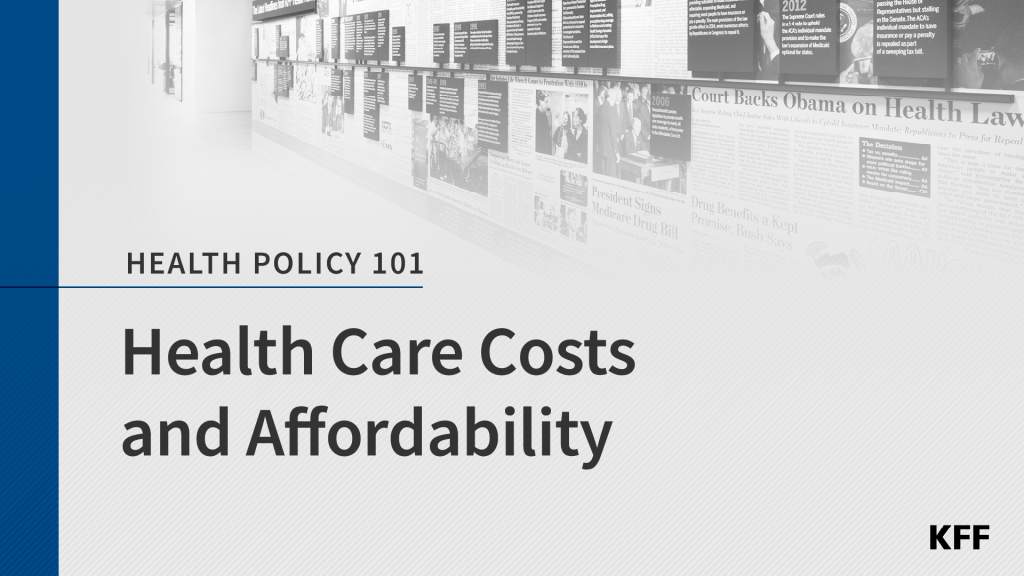300+ FAQs Help Consumers Understand the ACA Marketplaces as Open Enrollment Begins
Ahead of the annual Affordable Care Act (ACA) open enrollment period, the time during which consumers can shop for health plans or renew existing coverage, KFF has updated and expanded its searchable collection of more than 300 Frequently Asked Questions about open enrollment, the health insurance marketplaces and the ACA.
